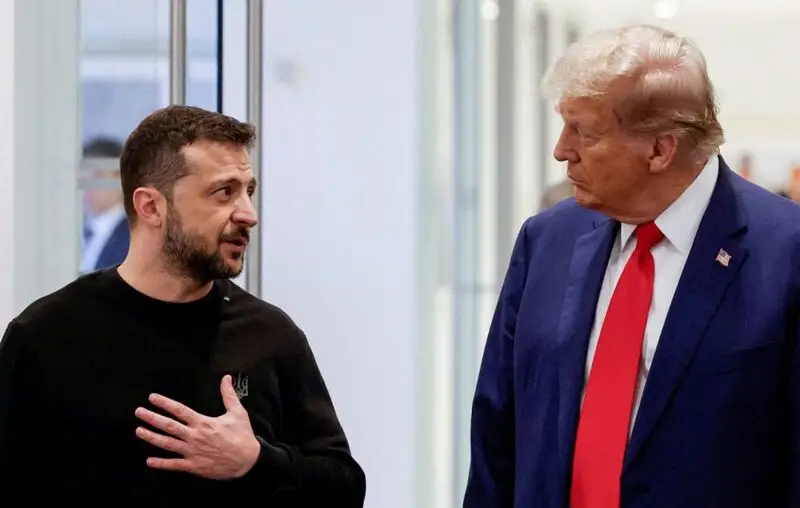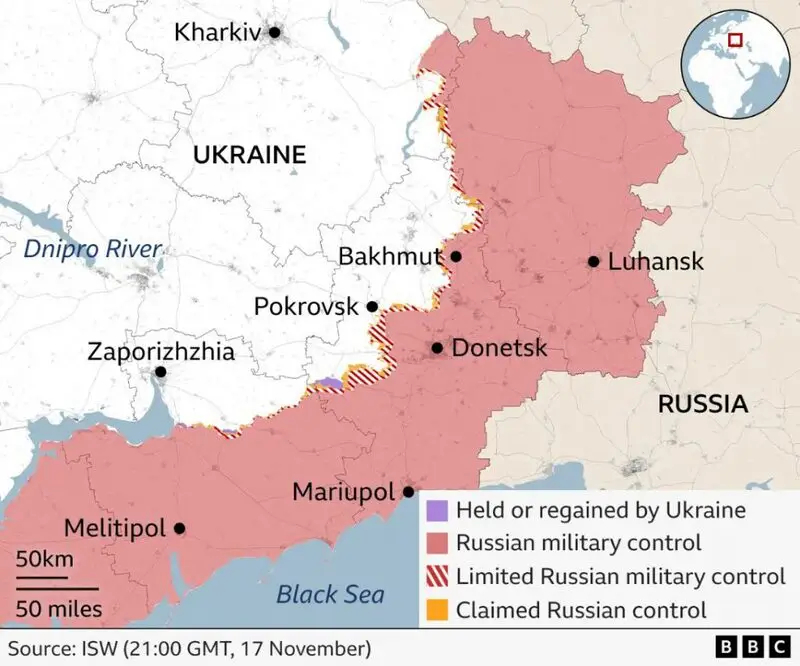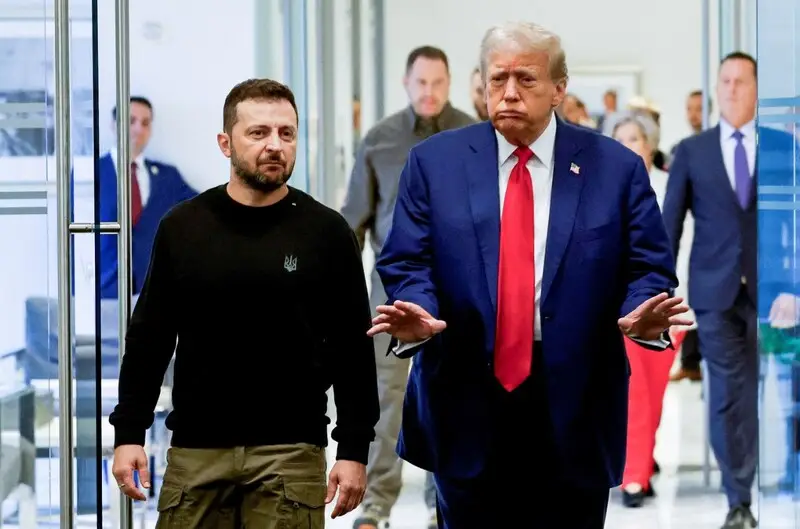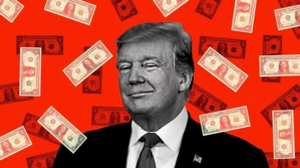De-dollarization trends could dramatically accelerate under Trump’s proposed Ukraine peace deal, which includes significant territorial concessions and removes NATO membership from consideration. Recent developments in Ukraine peace talks between key advisers suggest a complex negotiation process that could fundamentally alter global financial systems, as Trump pledges to end the conflict within 24 hours of his January 20 inauguration.
Also Read: Cardano: AI Predicts When ADA Will Breach Its All-Time High of $3.09
How Trump’s Ukraine Strategy Could Influence Global Financial Shifts and De-dollarization

Territorial Changes and Money Markets

“Russia already controls all of Crimea, having unilaterally seized it from Ukraine in 2014 and has since taken about 80% of the Donbas – which is comprised of Donetsk and Luhansk – as well as more than 70% of Zaporizhzhia and Kherson,” Reuters reports. These territorial concessions and new military zones could reshape global trade, pushing more countries toward de-dollarization as they watch Western influence shift during the conflict’s resolution.
NATO Plans and Money Shifts
Trump’s advisers have made it clear that NATO membership for Ukraine is “off the table” in proposed plans. As one former Trump national security official revealed, three main proposals are being considered. These include outlines by Keith Kellogg, JD Vance, and Richard Grenell. This strategic shift in Ukraine peace talks could trigger widespread de-dollarization among nations seeking financial independence.
Also Read: Bitcoin as ‘Digital Gold’: Powell Sees It Redefining Global Finance
Deal-Making and Market Effects
“Trump would supply more U.S. weapons to Kyiv only if it agreed to peace talks. At the same time, he would warn Moscow that he would increase U.S. aid to Ukraine if Russia rejected negotiations,” sources indicate. These territorial concessions and strict conditions could reshape international payment systems, potentially accelerating de-dollarization.
Russia’s Position and Money Changes
Eugene Rumer, a former top U.S. intelligence analyst on Russia, says, “Putin is in no hurry.” The Russian leader shows no readiness to drop his conditions, including Ukraine abandoning its NATO membership quest. This ongoing standoff could further drive de-dollarization as nations reassess their financial alignments.
Also Read: Indian Rupee Nosedives to New Lows After Trump Threatens 100% Tariff
Getting It Done

“Analysts and former national security officials voice grave doubts Trump can fulfill such a pledge because of the conflict’s complexity,” Reuters notes. These uncertainties surrounding Ukraine peace talks and territorial concessions could accelerate the move away from dollar-based transactions as countries seek more stable alternatives.






